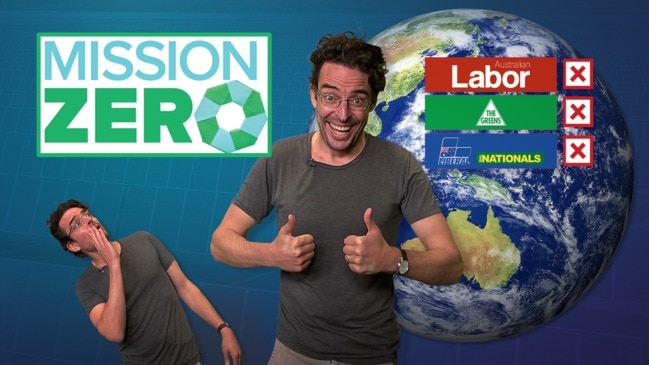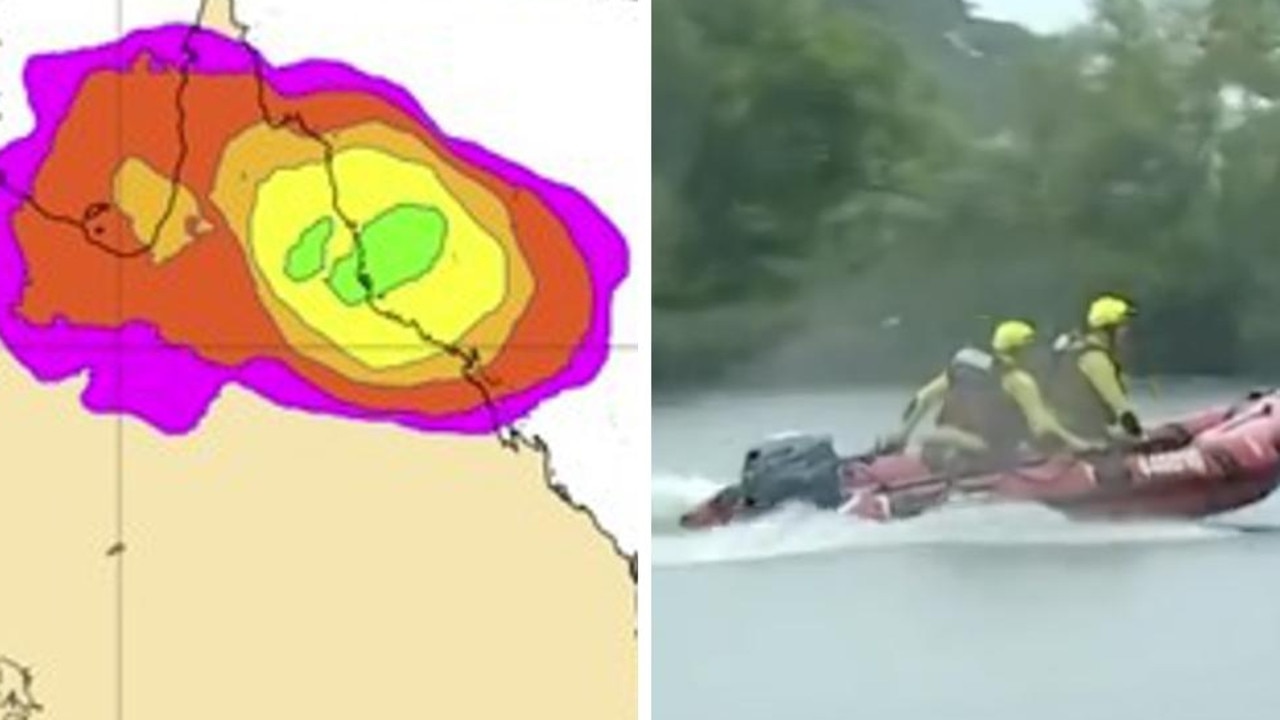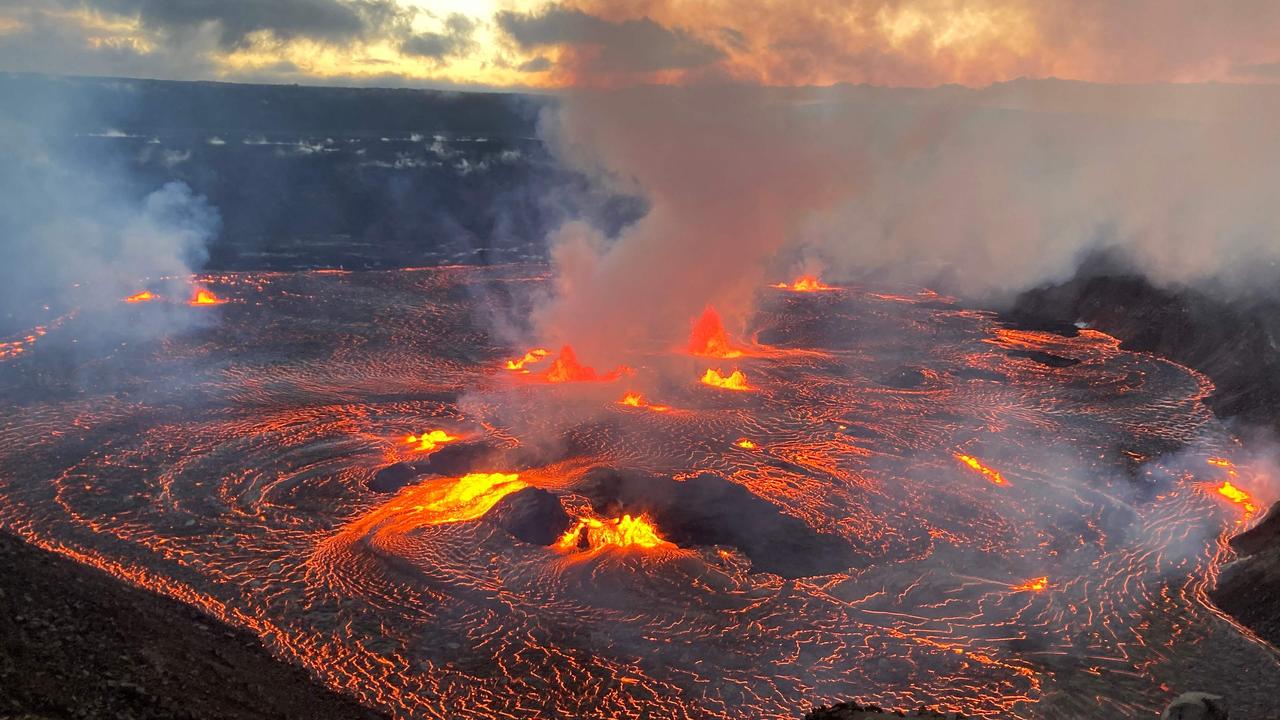70,000 jobs at stake: Carbon tariff warning
The Australian economy could be in for a pounding if countries follow the EU’s lead and introduce carbon tariffs, with some states to cop more pain than others.

Environment
Don't miss out on the headlines from Environment. Followed categories will be added to My News.
Thousands of Australians could be thrown out of work and the country could lose more than $4 billion in GDP if other nations follow the European Union’s lead and implement carbon border tariffs, the government has been warned.
Queensland and NSW would be the most affected states if trading partners such as the US, UK, Japan, China and South Korea implemented such schemes, economist Nicki Hutley stated in a Climate Council report to be released on Wednesday.
Drawing on modelling done by economists at Victoria University, Ms Hutley said under such a scenario some 50,000 jobs could be lost in resource-dependent Queensland, and another 20,000 in NSW. The combined loss of national income would total $12.5 billion, she said.

The European Union’s Carbon Border Adjustment Mechanism will operate from 2023, slapping nominal tariffs on high-emissions products such as iron, steel, cement, fertiliser, aluminium and electricity. The tariffs will become payable in 2026.
“By failing to match our trade allies on emissions targets and carbon pricing we are likely to be slugged with a carbon border tax which will increase the cost of our exports and damage demand. This will have devastating impacts in states where targeted goods like coal dominate,” Ms Hutley stated in the report.
The Morrison government has criticised the EU scheme as a new form of protectionism, but Ms Hutley said it was inevitable more nations would adopt carbon tariffs. Canada and the US are already investigating them.
Any challenge Canberra made to the World Trade Organisation over the measures was unlikely to be successful, Ms Hutley said.
“Having looked at what the EU has said about this, the clear message is that as long as it is a universal measure, so it doesn’t target one country over another, that is aimed at improving the wellbeing of a country’s citizens, which clearly this is, then it can’t be considered a trade barrier,” Ms Hutley said.
She said a failure to appreciate the inevitability of carbon tariff schemes would be like Kodak failing to understand the importance of digital cameras when they entered the market in the early 2000s. (Kodak went bust in 2012.)
“You’ve got to read the signs of the times,” she said.
Trade Minister Dan Tehan said the best approach to reducing emissions was to “incentivise, not penalise”.
“Reducing carbon emissions won’t be achieved by raising barriers to trade, it will be achieved by lowering the cost, and accelerating the uptake, of green technology globally, particularly in developing countries —and that is the Australian approach,” Mr Tehan said.
Carbon Market Institute CEO John Connor said concerns about the impact of carbon tariffs were increasing for big Australian businesses, but a government commitment to a net zero emissions target would help allay some of those concerns.
“The government has missed the point of these carbon tariffs when they call them carbon protectionism,” Mr Connor said. “We should no longer be shielding companies from their responsibilities regarding emissions.”
More Coverage
Originally published as 70,000 jobs at stake: Carbon tariff warning





